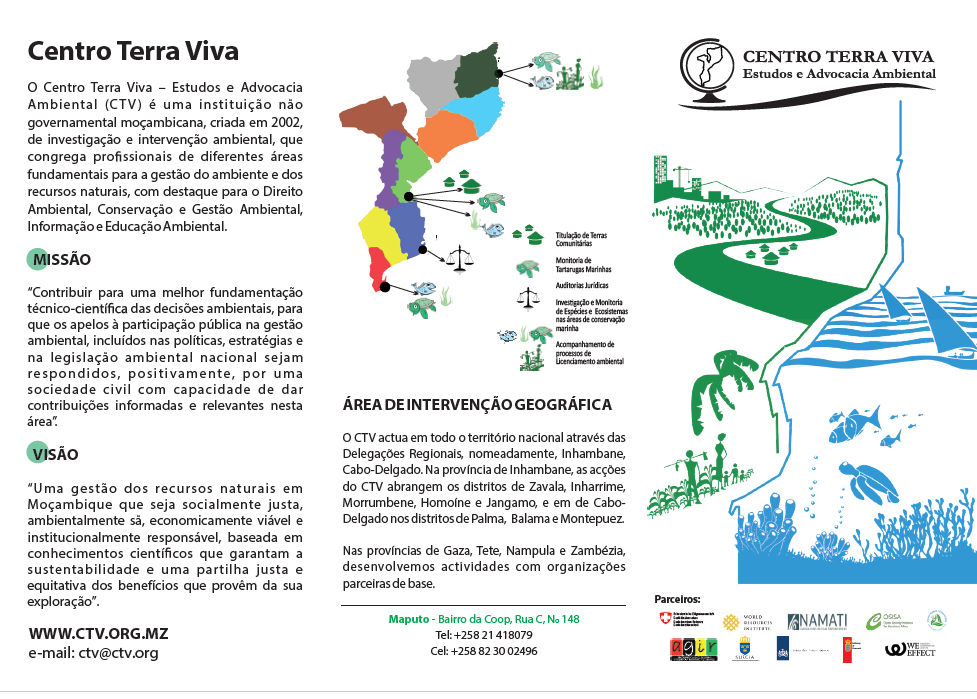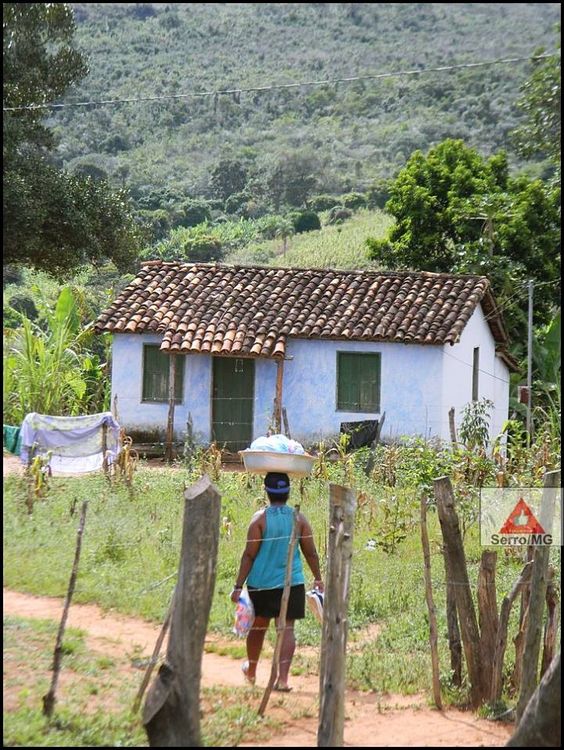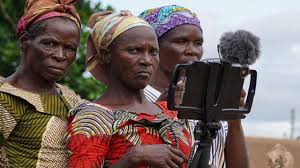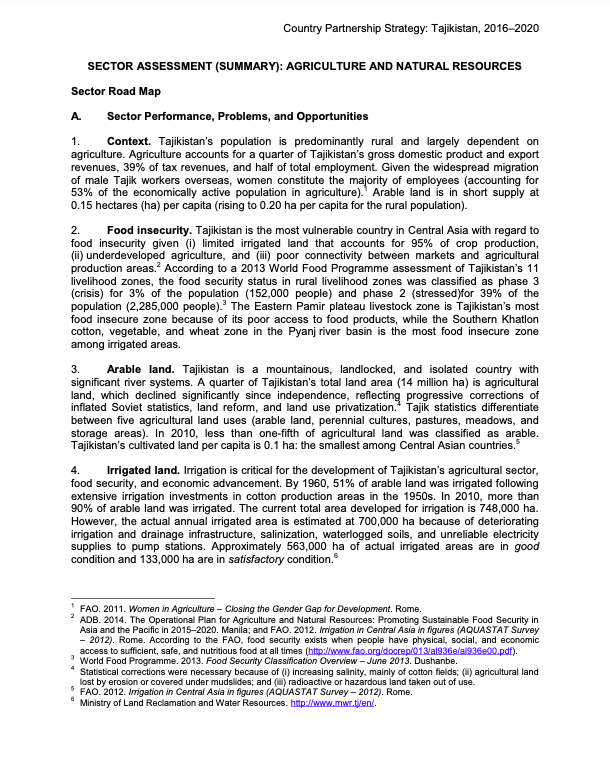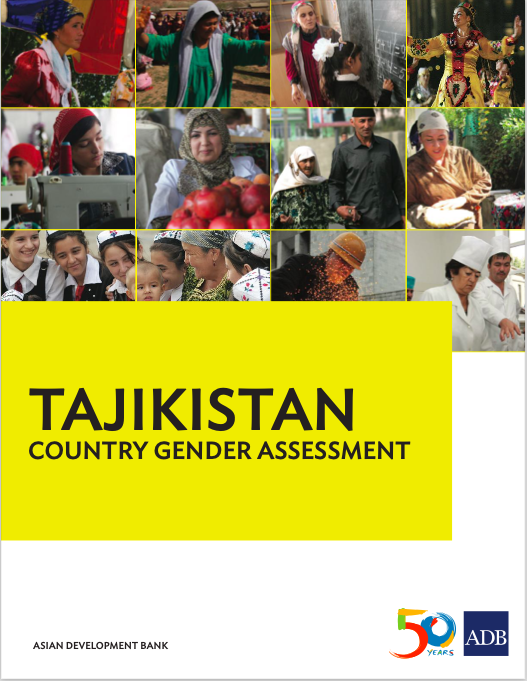Allocating farmland to rural women - new insights
Land reform in South Africa intends to redress racial imbalances with regard to ownership and access to land. On the surface, the various strategy documents also talk to transferring land to black women, the youth and the disabled. This article examines interesting patterns that are emerging with respect to gender relations and land ownership driven by land reform including mounting evidence of exclusive female ownership and co-ownership of land among land reform recipient households.



